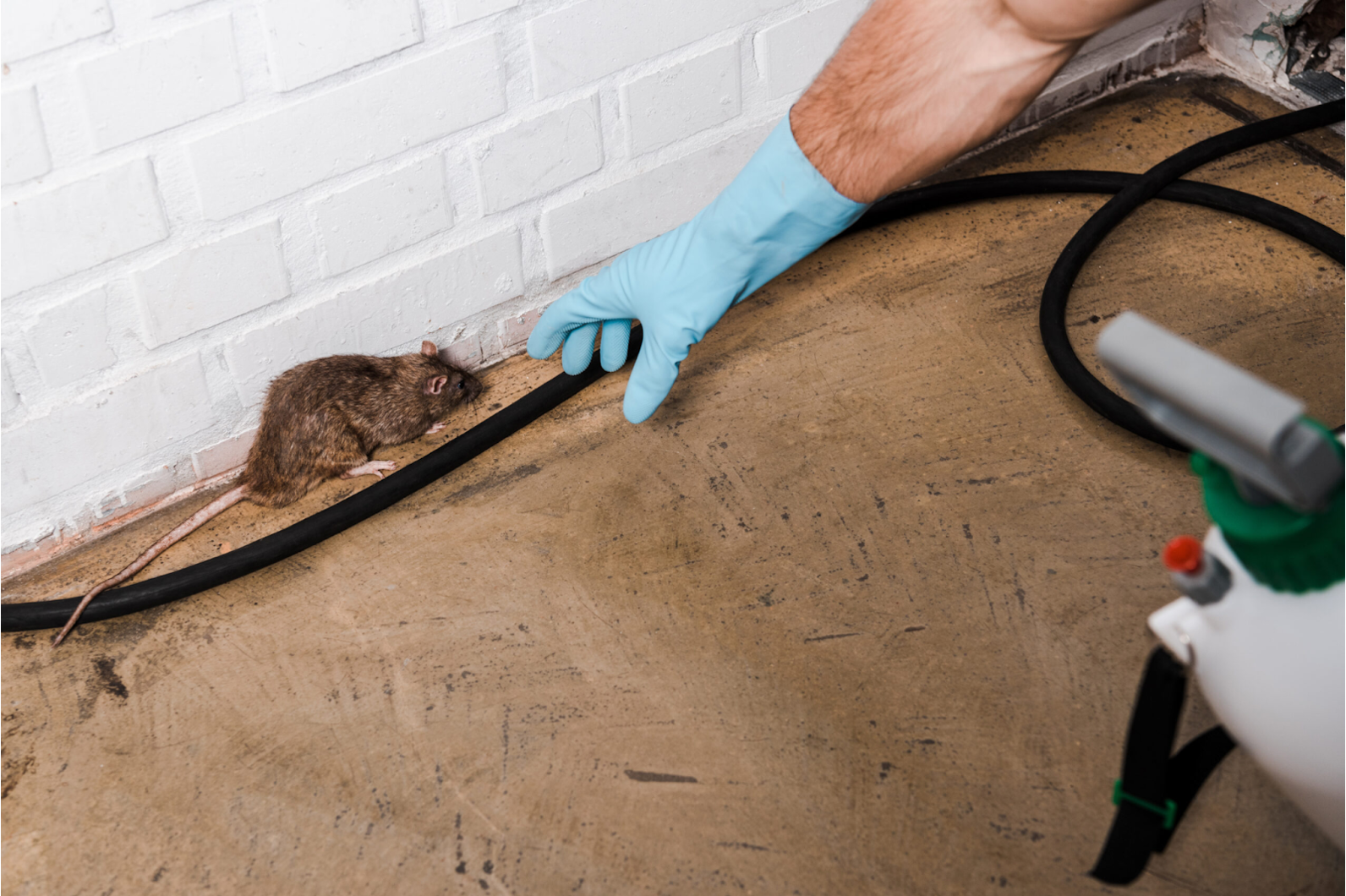Key Takeaways
- Dead rat removal isn’t just gross—it’s risky. It requires protective gear and careful sanitization to avoid dangerous illnesses like Hantavirus and Leptospirosis.
- Professional removal typically costs between $150 and $600, depending on the job. Extra services like odor removal or accessing hard-to-reach spots can add to the bill.
- The smell of a decomposing rat? Unforgettable. You might need pros with specialized tools like ozone machines to fully neutralize the odor.
- Want to stop the problem before it starts? Sealing off entry points and storing food properly go a long way in preventing future infestations.
- Connor’s Pest Pros has your back with same-day rodent control, free inspections, and custom treatment plans—so you’re not left waiting while pests take over.
Dead Rat Removal Process
Getting rid of a dead rat isn’t just about tossing it in the trash—it’s about doing it safely to avoid health risks and lingering odors. Here’s a step-by-step breakdown to handle it the right way:
1. Locating the Carcass
Dead rats can turn up anywhere—attics, basements, walls, crawl spaces, or outside. If you catch a foul odor or notice increased pest activity, that’s usually a sign. If the smell’s strong but the rat’s nowhere in sight, it might be time to call in a pro—especially if it’s hidden inside a wall.
|
Connor’s Pest Pros: Family-Owned Pest Control Experts Choose Your Pest Protection Solution:
Customer Praise:
★★★★★ “Quick to answer my call and available same-day… I recommend them to anyone looking for pest control in NOVA.” – Jacquelyn L.
Why Choose Connor’s Pest Pros:
|
2. Preparation
Before getting started:
- Suit up with rubber gloves and a mask to avoid direct contact or inhaling anything dangerous.
- Grab your tools—plastic bags, disinfectant spray, and some solid cleaning supplies.
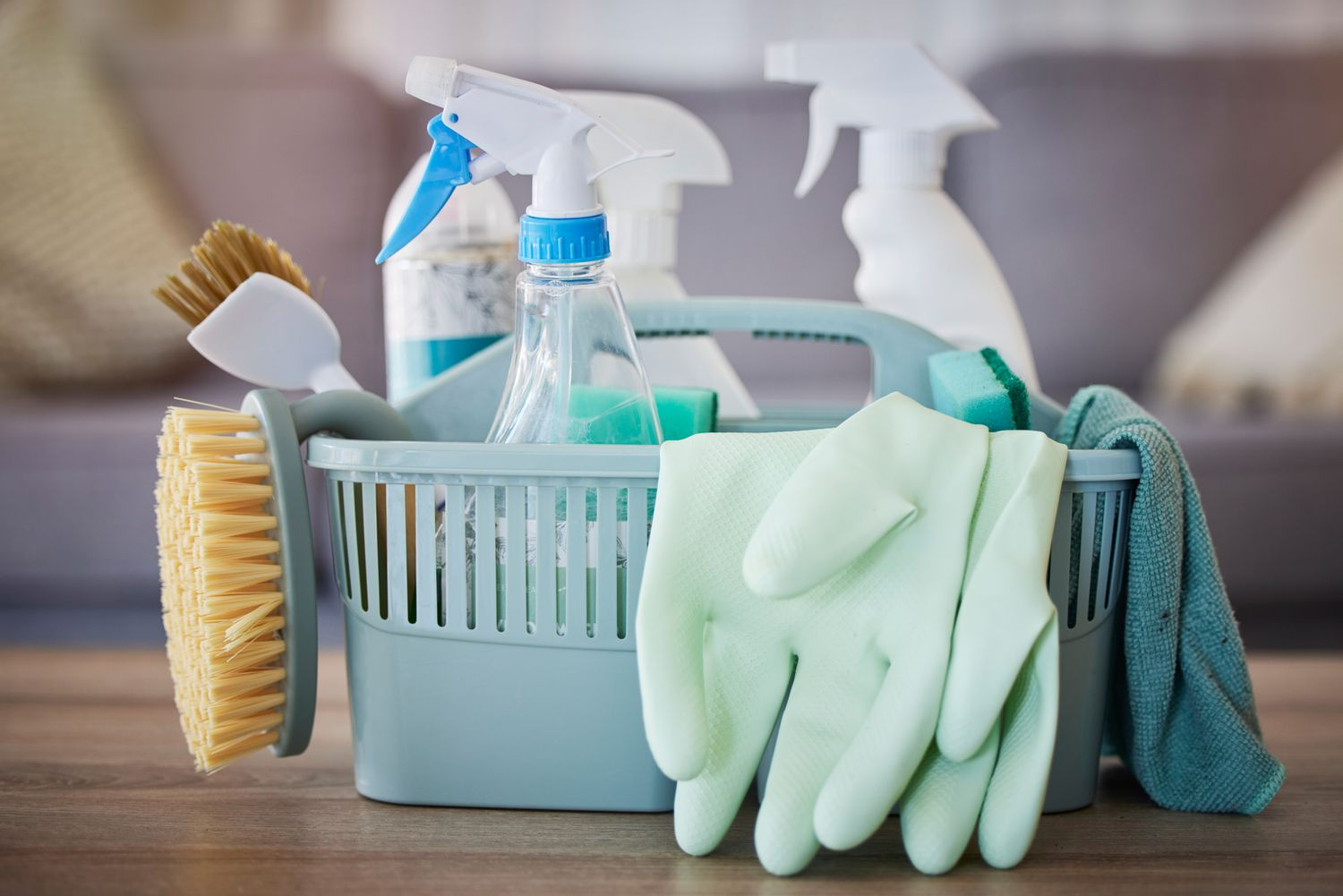
Before cleanup begins, gear up with gloves, a mask, and disinfectant—safety first when handling pest messes or potential biohazards.
3. Safe Removal
Here’s how to do it safely:
- Spray the carcass and area with disinfectant to stop any airborne pathogens.
- Use gloves or a tool to place the rat in a plastic bag.
- Double-bag it for good measure, and seal it tight.
4. Disposal
Dispose of the sealed bag based on your local regulations. Some areas require special handling, like incineration or specific landfill drop-off points.
5. Cleaning and Sanitizing
Once the rat’s out:
- Thoroughly disinfect anything the rat touched using a bleach solution or commercial disinfectant.
- Remove any contaminated materials (like nesting stuff), seal them in disposable bags, and toss them.
- Wash your hands well after removing gloves—no shortcuts here!
Health Risks Associated with Dead Rats
Dead rats aren’t just gross—they can carry some serious health threats. Here’s what you could be exposed to if you don’t handle them properly:
- Hantavirus Pulmonary Syndrome – This dangerous virus spreads when you inhale dust contaminated by rat urine or droppings.
- Leptospirosis – A bacterial infection picked up through contact with water tainted by rat urine. A study in Paris even found that 15% of brown rats carried Leptospira, and some strains showed up in local water samples.
- Salmonellosis – This is caused by eating or drinking anything contaminated with rat feces.
- Rat-Bite Fever – Transmitted through bites or scratches from infected rats.
Indirect risks include flea-borne diseases like bubonic plague and typhus. Additionally, decomposing rats release odors that attract other pests, further complicating cleanup efforts.
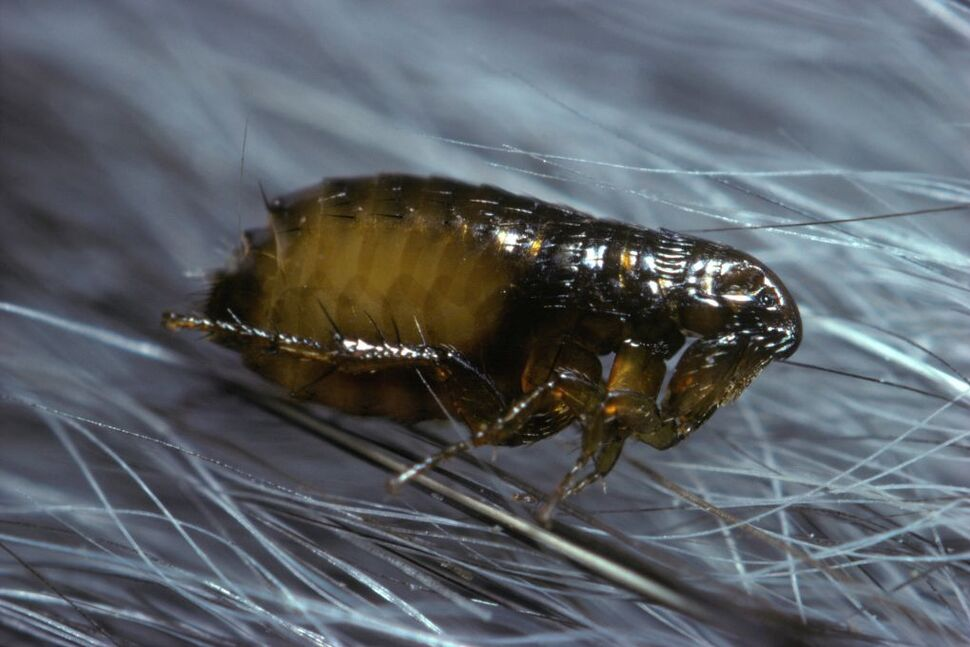
Fleas aren’t just itchy—they can carry serious diseases like typhus and even plague. And when dead rats are left behind, these pests often move in fast.
Cost of Dead Rat Removal
The cost of dead rat removal varies based on factors such as location, accessibility, and additional services like odor remediation or repairs. Below are typical cost ranges:
- Basic Removal: $150–$250 for finding and removing the rat, including light decontamination.
- Complex Removal: $200–$600 if the job involves cutting into walls or making structural repairs.
- Odor Neutralization: $200–$1,000 depending on how bad the smell is and how much area it covers.
- Rodent Cleanup Services: $600–$1,000 for deep cleaning and disinfecting bigger areas like attics or crawl spaces.
If the rat’s outside—like in your yard—costs are usually lower since the job’s less invasive.
Service Options for Dead Rat Removal
Getting professional help is often the safest and most effective way to deal with a dead rat. Here are the most common service options available:
1. Pest Control Services
These professionals are trained to locate and remove dead rats from tricky spots like attics, crawl spaces, and inside walls. They’ll also seal up entry points to prevent more rodents from getting in.
2. Wildlife Removal Specialists
If you’re dealing with structural damage or hard-to-reach areas, wildlife specialists can step in. They often handle more complex cases and may offer repairs and odor removal as part of the service.
3. DIY Methods
It’s possible to remove a dead rat on your own if it’s in an easy-to-reach location. But be careful—there are health risks involved. If you go this route, make sure to follow safety guidelines closely, including protective gear and proper sanitation.
4. Specialized Odor Remediation Services
If you’re left with a strong smell after removal, odor remediation services can help. They use tools like ozone generators or air scrubbers to eliminate lingering odors from decomposing animals.
Preventing Future Infestations
Here’s how you can prevent future rodent infestations:
- Seal cracks, holes, and other potential entry points around your home.
- Store food in airtight containers and dispose of trash promptly.
- Keep clutter to a minimum—both indoors and outside—so rodents have fewer places to hide.
- Trim shrubs and vegetation near the house to eliminate potential nesting areas.
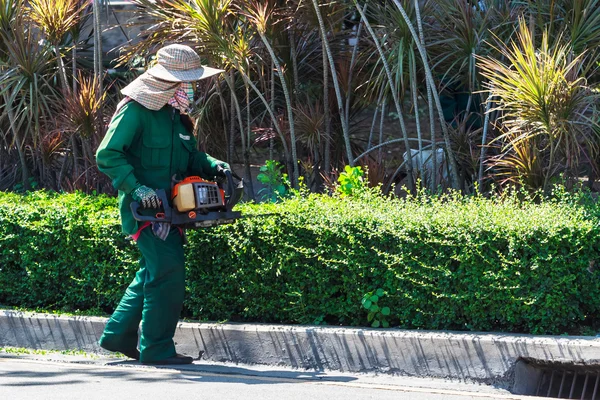
Keeping shrubs trimmed and tidy isn’t just curb appeal—it helps eliminate hiding spots and nesting areas that pests love to call home.
Take Control of Dead Rat Problems with Connor’s Pest Pros
Here’s the reality: dealing with dead rats isn’t just disgusting—it’s dangerous. That’s where our award-winning Rodent Control Services make all the difference. With over 415 five-star reviews backing our expertise, we’ve earned our reputation as Washington DC’s best pest management team.
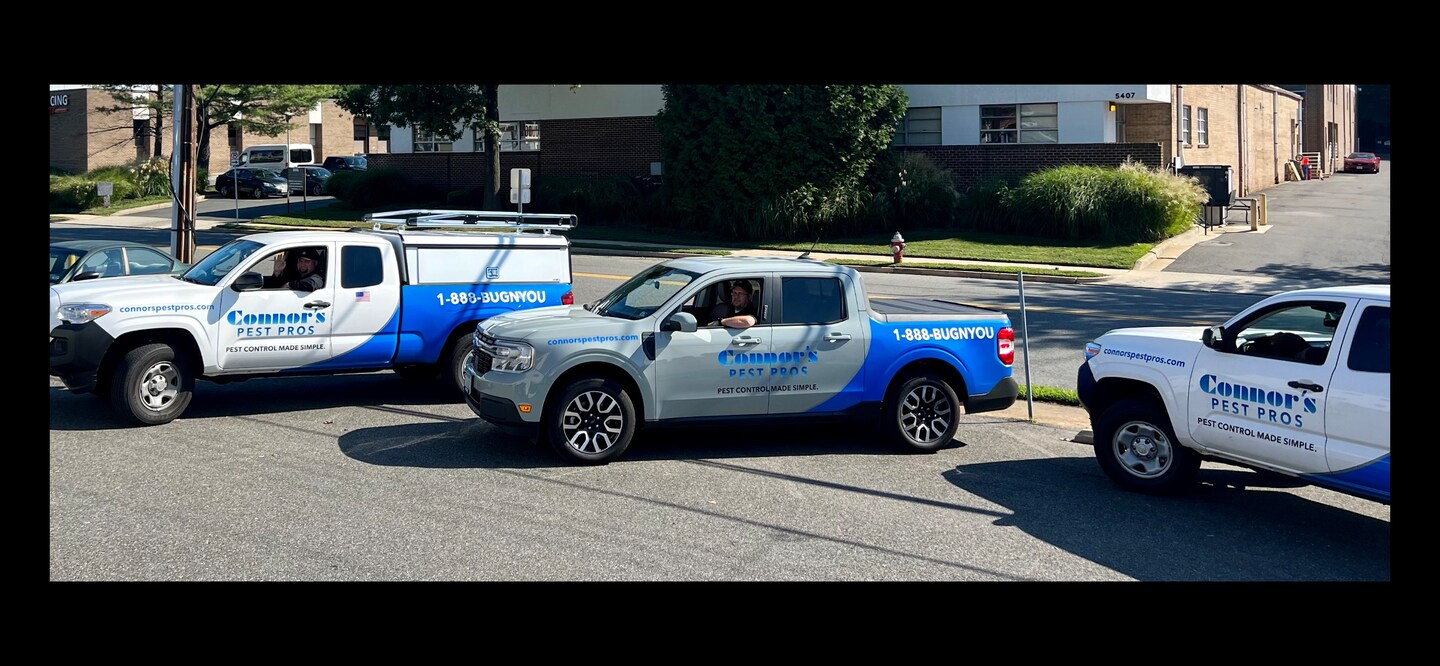
Connor’s Pest Pros delivers more than a quick fix—our expert team offers FREE inspections, custom plans, and full coverage starting at just $95/month for true peace of mind.
We don’t just remove the dead rats; we provide comprehensive solutions including FREE inspections, customized treatment plans, and guaranteed results. For total protection against pests, our Total Protection package starts at just $95/month and covers everything from rodents to termites and mosquitoes—because we believe peace of mind shouldn’t be complicated.
Don’t risk your health trying to handle rodent issues alone! Call us or request a FREE quote today to let our expert technicians solve your rat problems for good.
Frequently Asked Questions (FAQ)
How can I tell if there is a dead rat in my house?
A strong, disagreeable smell that appears to emanate from beneath floors or behind walls is one of the most obvious indicators of a dead rat. Additionally, you may observe a sudden increase in flies or other insects attracted to decomposition.
Examine places like basements, attics, and behind big appliances where rats like to hide if you see these signs.
If I discover signs of a rat infestation, what should I do?
Take action right away—rats multiply fast, and a small issue can quickly grow into a serious problem. The sooner you act, the easier and more affordable it is to resolve the issue.
Are there any health dangers associated with handling dead rats on my own?
Yes, dead rats can carry harmful bacteria and viruses, including those that cause Hantavirus or Leptospirosis.
If you choose to remove the carcass yourself, always wear gloves and a mask, and clean the area thoroughly afterward to reduce exposure to dangerous pathogens.
How does Connor’s Pest Pros handle dead rat removal?
Our technicians arrive equipped with specialized tools and protective equipment to safely locate and remove rat carcasses from any location in your home. We follow a comprehensive process that includes thorough sanitization of affected areas, odor neutralization, and identification of entry points.
As part of our rodent control services, we’ll implement preventive measures to ensure no future infestations occur.
How can I prevent rats from entering my home in the first place?
To keep rats out, seal up any small openings around your home, manage food and waste properly, and perform regular inspections.
Keeping the exterior of your home clean and free from clutter also helps reduce hiding spots and makes your property less attractive to rodents.

